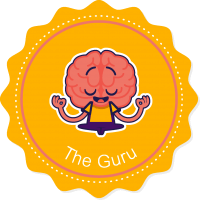Effective classes have several fundamental components. These include how the lesson is managed and organized, how teaching resources are used, how the classroom is organized, how big the class is, how involved and committed the teacher is, how high the expectations are and how the lessons are self-structured, how interactive the teaching style is, how diversity is taken into consideration, how assessments, observations, and ongoing feedback are. Instructors and learners engaged in meaningful discourse that allows the latter to critically engage with the subject matter while listening to and expressing opposing views also contributes to the creation of a student-centered learning process. Introducing and explaining new material, allowing learners to practice and work independently, discussing assignments, testing, and repeating the material repeatedly are other components of effective lectures.
Making our lessons more successful is one way that we as educators may improve the effectiveness of the teaching-learning process. As a teacher, I use a variety of evaluation techniques in the classroom to monitor students’ learning progress. Throughout the lesson, the learning process is assessed, evaluated, and analyzed using these techniques. Data gathered from using these approaches is used to inform future plans for improving learning’s stability and usefulness. I prepare a broad range of questions in advance to assess candidates’ knowledge, understanding, critical thinking, and analytical abilities. I evaluate the students throughout the lesson after we finish to know that the learning objectives have been achieved successfully.


